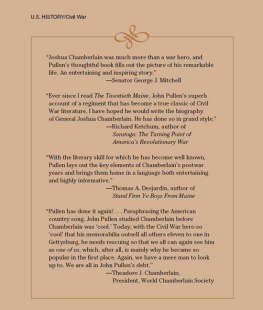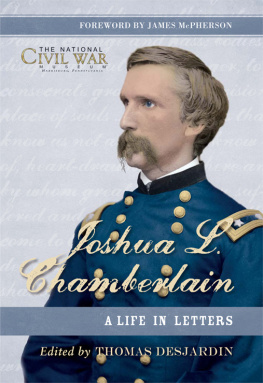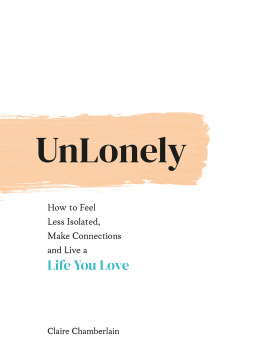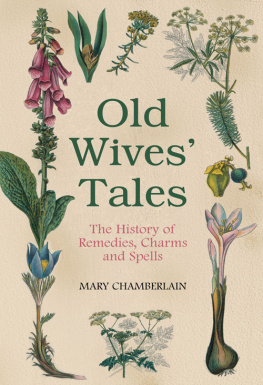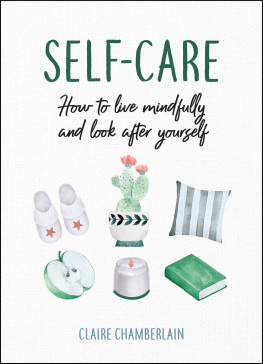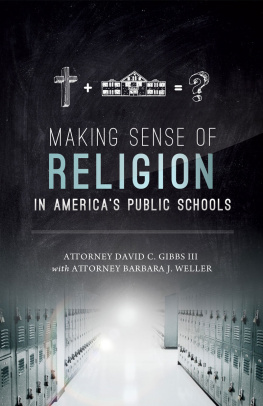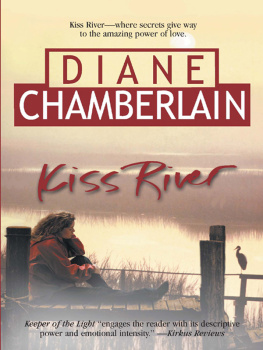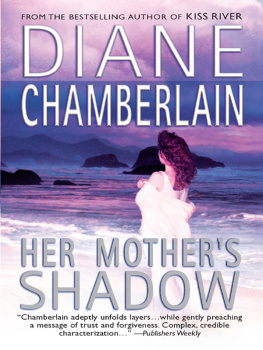T he astonishingly enthusiastic response to Shattered Love has taken me quite by surprise.
Until about two years ago, writing a book was nowhere near my agenda. Though I have worked very hard, enjoyed success, traveled broadly, and experienced a generous amount of glamour, torment, and fun as an actor, I judged my life to be pretty much dedicated to the creation and nurture of a somewhat artificial self-image (both private and public) that removed me from the realities, and therefore the profundities, of real life. No book here.
Then one fateful day in 2001, I was talking on the phone to Judith Regan about an author friend of mine who was in line to write a project for ReganBooks. Suddenly Judith said, What about your book? Under the spell of Judiths charm I sat down and commenced the daunting task of writing a book.
Finding my way into authorship was hit or miss in the beginning. My original intent was to write a somewhat philosophical tome with occasional glimpses of my personal life. My editor and Martin, my partner, kept insisting that the book must be predominantly personal; that in order to understand the philosophical points, the reader should see clearly how these ideas grew out of my actual life experiences. Being habitually shy and private, I resisted for some time, but finally realized they were right.
Writing Shattered Love was the most intense and rewarding learning experience of my life. I found that truth is the only valuable aspect of living and that no-strings love is the wellspring of truth. Sharing my life and my evolving personal philosophy seemed a dangerous gamble, opening me to possible mockery and ridicule. To my external surprise and joy, quite the opposite occurred. During the extensive book tour that followed publication, with numerous television interviews and book signing events, I was totally floored by the extravagance of friendship, interest, enthusiasm, and love that radiated from just about everyone. Writing Shattered Love brought about so many insights and freed me from so much of my ancient and unfounded self-dislike and fear that I was able to go out and meet the world just as I am, without any need for self-defense, spin, or pretense. I was happy from the inside. I had nothing to lose. The world was sweet.
I grew up in a single-story house, somewhat Mediterranean in style, fronted by a patio with high, thick walls. The outside wall met the house in an upward curve that formed a comfortable backrest for little kids like me who liked to sit on walls. Inside this corner an old ornamental walnut tree spread its branches over the terra-cotta tile roof, keeping the dining room cool.
As kids, we often climbed this nonproducing tree and charged around the patio walls and roof like demented monkeys, terrifying my mother, who would run out and urge us down to safer ground.
One hot afternoon, during summer vacation from grammar school, I wandered in the yard looking for something to do. None of my pals seemed to be around, and I was bored. For want of a better idea I climbed the walnut tree and sat on the wall, leaning back against the restful curve. A light summer breeze ruffled the leaves as I watched the occasional car or pedestrian pass on the street. I gazed up at the overhanging branches and hoped some of our local feathered friendsmockingbirds, blue jays, and doveswould come to visit me.
As I sat there motionless, something absolutely new happened to me. I was filled with total stillness. It was almost as if I wasnt even breathing, almost as if Id become part of the wall, part of the tree. And in this stillness I was observing everything around me with complete neutrality, with no thought at all. There seemed to be observation, but no observer.
I dont know how long this lastedprobably not more than half an hour, possibly less. I did not know what was happening to me. I only know that my thinking went silent, and my sense of self disappeared. I experienced absolute simplicity and peace.
Of course I couldnt have described any of this at the time. At seven I had no context, no knowledge that would have allowed me to name and understand what was happening. I simply felt a vibrant, alert peace, and I loved the feeling.
I had no urge to talk about this experience with my parents or friends. But I did very much want it, whatever it was, to come back.
Several times after this magical day I climbed up and sat in the same place on the wall hoping to repeat the mysterious experience. It didnt come again. That is, it didnt come again in quite that way until a few days ago, over sixty years later.
I was born in Los Angeles during the Great Depression and was quickly whisked off to Beverly Hills. Alas, it was to the normal, pre-90210 part of that glittering town, the wrong side of Wilshire Boulevardand, even worse, the wrong side of Beverly Drive. In short, the wrong side of the now-vanished streetcar tracks.
My folks took out a thirty-five-year mortgage and bought a three-bedroom, one-and-a-quarter-bathroom house for a hefty seven thousand dollars. There were five of us: Chuck and Elsa, my father and mother; Bill, my brother; and soon Nonnie, my wonderful maternal grandmother.
There were no freeways, no tall buildings in L.A., no jet planes, no zip codes, no smog, no TVand consequently no video games, no computers or cell phones, no drugs or guns at school. Some of our neighbors still had iceboxes instead of the newfangled fridges, so the ice truck trundled down our street every other day, delivering big blocks of ice. We kids used to clamor after the truck, begging for chunks to lick on hot summer days. The Good Humor man drove by too, ringing real bells. An ice cream bar cost five cents.
Who needed TV? We had the movies, at ten cents a double bill. And it was the golden age of radiosoap operas and music, dramas and news, on weekdays, and an extravaganza of comedy and variety shows on the weekends: Jack Benny, Bob Hope, Fred Allen, Red Skelton.
I loved listening to radio dramas and fairy tales and mysteries. Television scenes are limited by the varying skills of the actors, and especially by limited production budgetsyou get only what the producers can afford. But my imagination had unlimited funds to spend on the images my radio evoked. And the picture tube in my head was wide-screen, full color, and a hundred feet high.
There were vacant lots galore with tall grass to play in. We used to hide in the grass, pulling up clumps with dirt clods at the end and then lofting these missiles over where we thought our friends were hiding. When you got hit with one it didnt usually hurt that much. The neighborhood was full of kids, and even at preschool age we were free to roam and play and invent adventure. No kidnappers, no molesters, and no drug dealershouse and car doors left unlockedwe felt safe; we took safety for granted.
I was seven years old on that Day of Infamy when the Japanese bombed Pearl Harbor and savaged the U.S. Navy, awakening the Sleeping Giant and drawing us into mortal combat with the rampaging fascist forces of Germany, Japan, and Italy. Children pick up on just about everything, and my parents initial shock at suddenly being at war scared my brother and me. Seeing this, they changed their tune and explained to us that the fighting was very, very far away, and that our brave and righteous military would keep us as safe and sound as wed always been. Still believing that moms and dads speak only the truth, I bought this, and the war became in my juvenile imagination a distant high adventure, a rough-and-ready sporting event that we good guys were bound to win.


